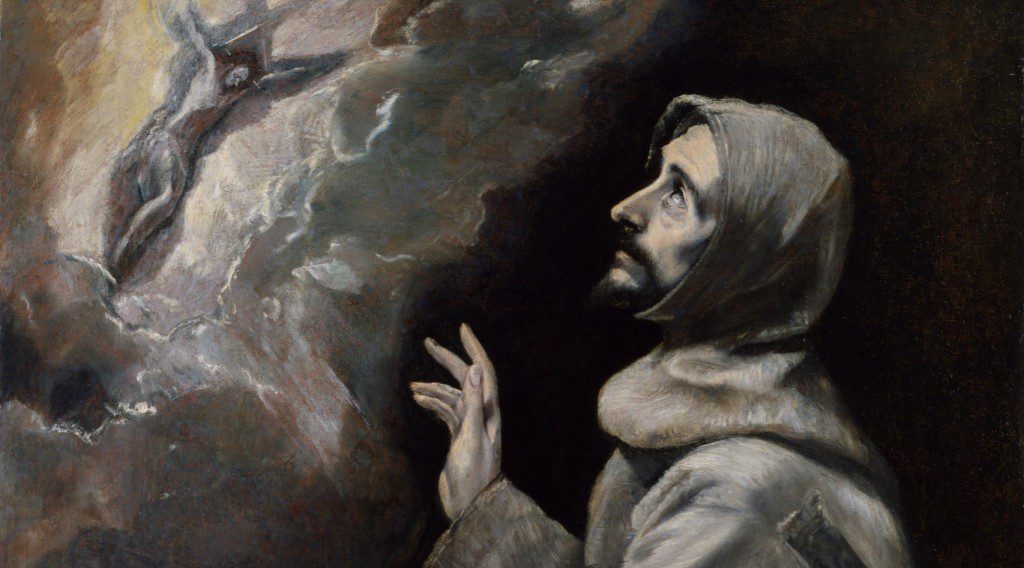
David Ramirez is too sharp a songwriter to serve as a mere springboard for theological discussion. It would be a horrible kind of lust to strip his lyrics down to their “Christian” elements while ignoring their total depth. But his latest record, Fables, tackles a particular theological concern with a hammer, and it would be insane to review it without asking its question — where, when, and how is communion possible?
Ramirez is prone to reflection on the craft of songwriting itself, and the heart of these reflections usually involves a bitter disappointment in the relationship of artist to audience. The songwriter gives himself to a listening audience who enable him to give of himself by their active reception — their generous, passive commitment to hearing the heartache of the other. But it falls short:
They love me for being honest
They love me for being myself
But the minute I mention Jesus
They want me to go to Hell.
The singer-audience relation falls short of true communion for the rather depressing reason that we would rather be confirmed in our thoughts than really hear the other. “What does it mean to be honest,” Ramirez asks, “when the audience decides what you mean?” He admonishes the songwriter to “hold on to some of your stories, save just a few from the sound-waves,” not out of that stingy hipster obscurity where “you don’t get me” is the constant refrain, but to avoid that masturbatory parody of communion by which we believe we are all One Body because everyone thinks like us. The singer, searching for communion, has to keep hidden from the very community he longs for. So “God bless the man behind the microphone,” who gives of himself, and “God damn that silver ball and chain,” through which he gives the audience an invitation to extend their empire of self onto the stage. Out, then, with the possibility of a fulfilling aesthetic communion. What about erotic communion?
Not to trivialize the pain involved, nor to skip over the importance of the question, but Ramirez is a country singer, and the day a country singer finds the fulfillment of his longing for true communion in an erotic relationship is the day Cash rises from his grave to strangle the members of Rascal Flatts. The erotic relationship is prone to the all the falsehood, dishonesty and miscommunication of the audience relationship.
I fed you fables and fooled you
With words from my tongue
Trying to make you think I was a better man than I was
But if you’re asking me now
I’ll tell you the truth
It’s getting harder and harder to lie to you
Fables wrestles with unfaithfulness and loneliness in love, resolving itself, not in an answer, but a question screamed: “How do you get ’em back when they say this is the last time / How do you make it last when they’re gone?” (And regardless of one’s success in love, the truth about erotic relationships is a truth Typhoon sang well enough: “You are sleeping together / but you will die alone.” Death does us part, rending licit and illicit love alike, and any attempt to claim that the fulfillment of our desire for communion is resolved in the erotic has to confront this deathly paradox — that love says “forever” to people that don’t last.)
So with this twofold impossibility of total communion in the erotic and the aesthetic spheres of human existence, Ramirez turns to the religious. Christianity makes the absurd promise that the Church fulfills our desire for communion without remainder. Death does not sever the bonds of Holy Communion. The rumor of a communion that reaches into the abyss of death — a rumor entertained by every widow and widower who continues to love and be-with their non-existent spouse — this, the Church claims, is evidence of the fuller phenomenon experienced only in and through the Church, that the dead are saved from death by being incorporated into the Mystical Body of He Who Does Not Die, Jesus Christ.
Neither is the miserable self-centeredness which tears the audience-artist relation apart an obstacle to Holy Communion. The Church claims that we are One Body, not by being united in an idea which can be misunderstood, nor a cause which can distorted, nor a feeling which is inevitably lost, nor a sense of sameness which denies difference, but in a Person. To say that Jesus Christ, in whom we are One Body, is sinless, is to say precisely this: Our selfishness is not an obstacle Holy Communion. We are not united into one by virtue of our perfect love, but by His, not by virtue of our action, but by His, not by virtue of our being a gift to every other human being, but by being made one with Him who, on the cross, showed himself as pure gift — sacrificing himself for all.
I don’t expect anyone to believe that just because the Church expresses itself as the only fulfillment for the human longing for communion, it really is that fulfillment. But it seems like Ramirez understands the gravity of the claim. He demands of the Church true communion without remainder — and is largely disappointed. Fables begins with these words:
Southern Baptist church
in the heart of the suburbs,
taking communion
out of tiny plastic cups
they told me it was wine
but it was really just grape juice.
This initial suspicion of a scam expresses itself in all its anger in the song “Hold On.”
Well I can’t come to church cause of my dirty mouth
I wasn’t invited to the party, I’m too fucking devout
I’m always walking the line
Between cocaine and communion wine
You know I’m dead either way
So what’s the fuss all about?
It seems like the Church’s offer of communion is laced with the same insecurity every other attempt suffers. Ramirez deliberately juxtaposes cocaine and communion — “I stood in long lines, just to do a few lines” — and thus raises the question: Is it real? Is this Holy Communion stuff the togetherness of a genuine family, or is it the stimulation of an effect, a psychosomatic feeling of communion prompted by our desire that it be so? Ramirez demands, quite rightly…
Well I need something to hold on to
I need something I can fit in my hand
Cause I’m tired of leaving
the things I believe in to chance
I want some proof
Give me something to hold on to
I would argue that in the end only a properly sacramental understanding of communion resolves the fear that Holy Communion is just another simulation of an ultimately unattainable togetherness. If the bread and wine are only symbols of the body and blood of Christ, and therefore effect nothing more than a symbolic communion, then they are forever susceptible to the suspicion that the wine is “really just grape juice” — that communion is symbolized, but not attained. The belief that the bread and wine really effect the communion they represent, by virtue of really being the Body of Christ in which all Christians claim unity — this alone grants us certainty, so that I may know that I, insofar as I have received communion, am in unity with my brothers and sisters. This is “something I can fit in my hand,” something beyond the “chance” of symbolic and self-manufactured communion, “something to hold on to.” I do not argue that these are Ramirez’s conclusions, only that if the only source of true communion has been given to mankind as a sacrament, then Ramirez’s demands make hella sense. Of course, it won’t matter much as long as those human beings receiving the sacrament refuse to live out the love into which they are gathered, giving evidence of its efficacy.
But “God bless the man behind the microphone” for bringing up the question — along with a million more. Buy his album, like the guy Internet-wise, and let me know what you think!











